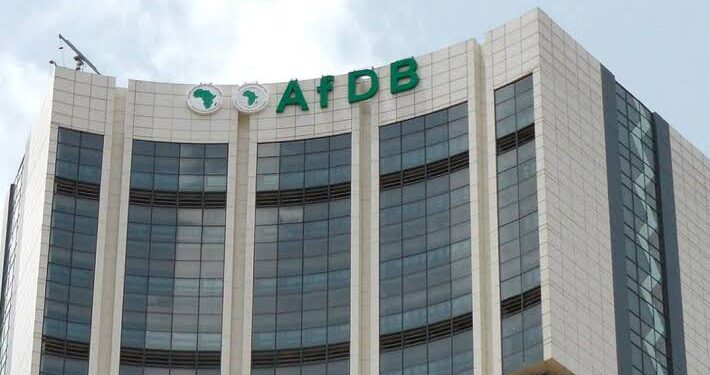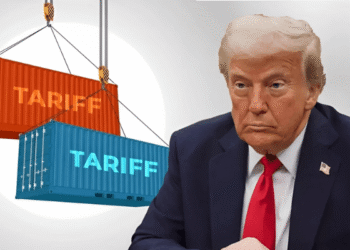AfriCircular Innovators Programme has chosen 30 Small and Medium Enterprises (SMEs) to receive financing and technical help to expand circular economy activities.
In a statement issued on Saturday, the bank stated that the inaugural cohort, which included members from Cote d’Ivoire, Ghana, and Rwanda, took part in its online onboarding event on August 9
The AfriCircular Innovators Programme is supported by the AfDB’s Africa Circular Economy Facility (ACEF) and carried out in collaboration with the African Circular Economy Alliance (ACEA).
According to the statement, the program’s goal is to encourage creative circular economy solutions that promote long-term and equitable growth.

According to the report, Micro, Small, and Medium Enterprises (MSMEs) account for 80% of African firms, and the circular economy has the potential to create 11 million jobs.
The 30 selected firms will receive support to scale their circular projects within the five key bets, which ACEA has recognised as having great potential for job creation and economic growth.
They include packaging, food systems, the built environment, technology, fashion, and textiles.
Among the beneficiaries are enterprises developing smart energy metering, reimagining the construction industry using coconut husks, transforming plastic waste into durable construction blocks, and digitalising the collection and processing of e-waste.
According to the announcement, Ndintambwe Feeds Limited, a Rwandan firm that makes low-cost animal feeds utilising insects and maggots as an environmentally benign alternative to soybean and fishmeal, was among the chosen enterprises.
It reported the company’s founder, Jean-Bosco Nshutiyimana, as claiming that the company encountered various obstacles as a SME.
The biggest ones include limited financial capacity to fully implement our project, and the lack of required skills to sustain a profitable recycling business without harming the environment,” Nshutiyimana shared
Siboré Luxury Hair, another beneficiary, stated, through Koumbem Emilienne’s representation, that the company’s decision to join AfriCircular’s Innovators Programme was in line with its sustainability commitment and presented a significant potential.
“Through this plan, we will have access to the expertise and resources required to streamline our production processes, minimise waste, and increase energy efficiency.
“Financial support and access to cutting-edge technologies will strengthen our production capacity and positive environmental impact,” Emilienne informed us.
According to the News Agency of Nigeria (NAN), the AfriCircular Innovators Programme is in line with the African Development Bank’s Jobs for Youth in Africa (JfYA) Strategy.
With Africa’s youth population expected to quadruple to more than 830 million by 2050, capitalising on this demographic dividend is critical for economic growth, especially in light of persistently high unemployment and underemployment.
The ACEF, Africa’s only multi-donor trust fund dedicated to mainstreaming the circular economy, selectively funds programs that promote inclusive and green growth. It improves resource efficiency, encourages innovation, and creates long-term work prospects.
Bottom Line
The AfriCircular Innovators Programme, supported by the African Development Bank (AfDB) and the Africa Circular Economy Facility (ACEF), represents a significant step towards promoting sustainable economic growth across Africa through the circular economy.
By selecting 30 SMEs from Cote d’Ivoire, Ghana, and Rwanda for financing and technical assistance, the program aims to address some of the continent’s most pressing challenges, including unemployment, environmental degradation, and inefficient resource use.
The circular economy, which focuses on reducing waste and making the most of resources, has the potential to create millions of jobs and drive economic growth in a sustainable manner. By targeting sectors like packaging, food systems, construction, technology, fashion, and textiles, the program not only addresses current environmental challenges but also fosters innovation and entrepreneurship.
This is crucial in a continent where MSMEs account for 80% of businesses and are often constrained by limited financial and technical resources.

















